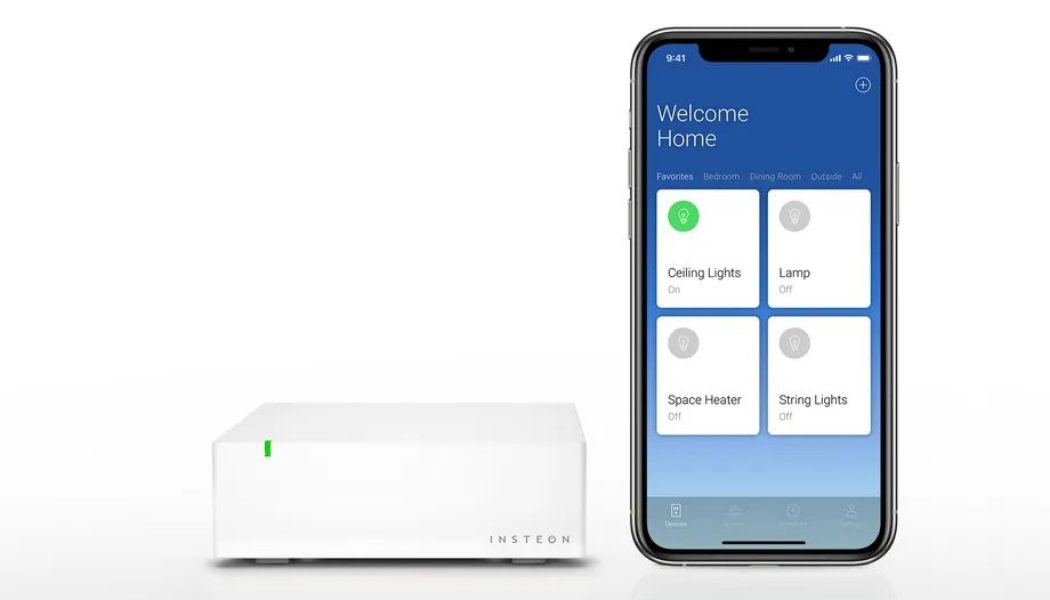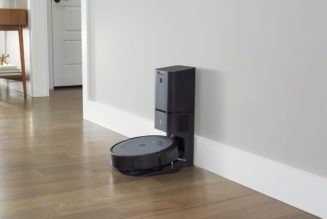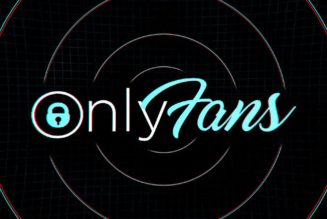Following the report yesterday that smart home company Insteon’s servers had mysteriously fired up overnight, there is good news: Insteon is back, and it was resurrected by its customers. This message appeared on the Insteon blog today, posted by the company’s new CEO Ken Fairbanks:
We are a small group of passionate Insteon users that have successfully acquired Insteon. Like many of you, our homes are powered by Insteon’s amazing dual-mesh technology and highly configurable products.
Insteon’s servers went offline last April when SmartLabs, the company that owned the smart lighting system, ran into “financial difficulties.” A financial services firm had been appointed to sell its assets, but this “group of passionate users” stepped in and has taken over.
The group says it plans on “responsibly re-building the Insteon business.” What that means exactly is unclear, and it’s not known whether a subscription fee will be necessary to keep the servers going. That’s what happened when smart home platform Wink ran into financial issues a few years ago and started charging for services that used to be free.
:no_upscale()/cdn.vox-cdn.com/uploads/chorus_asset/file/23618204/IMA_hero_1_iphone11pro.0.jpg)
Fairbanks goes on to explain that getting the hubs back online was the first priority in order to stem the loss of customers. They were able to reactivate the service before they had access to the site or ways to communicate with users, hence the slightly worrying stealth move. “Every day more customers were giving up hope so it was critical to get that restored as soon as possible,” Fairbanks wrote. “We are aware not all functions are back online but we are actively working on it. We hope you understand this urgency and appreciate your patience.”
This is all great news for owners of Insteon devices, which include smart switches, plugs, and other lighting products. The devices hadn’t stopped working locally but had lost their cloud connection through the hub, meaning there was no way to program them using the app or control them remotely.
But it’s not a great sign for the smart home in general. No one who buys a smart light switch wants to worry about whether they’ll have to buy the company one day just to keep the lights on.
Connected home manufacturers need to develop products and services with longevity in mind and have an actionable plan laid out for what happens if they do have to switch the lights off. Not building these two strategies into a business plan for smart devices should be a major red flag for customers and investors.









